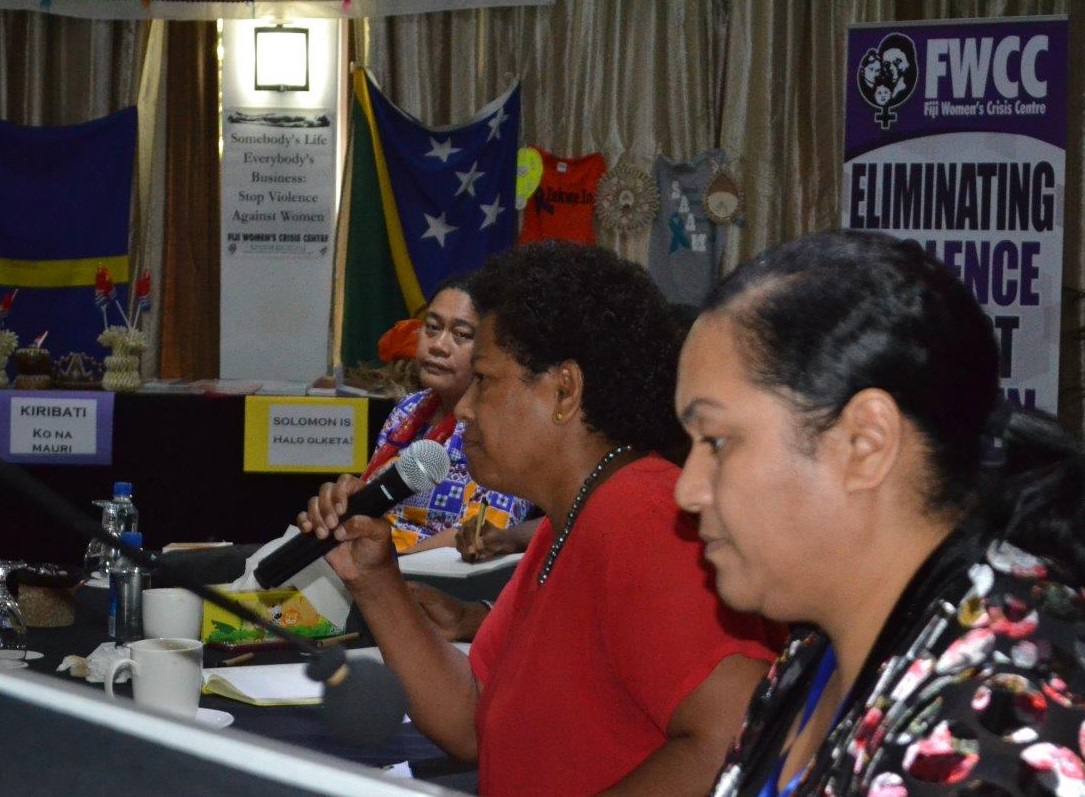THE competition for space by donors, intergovernmental agencies and international NGOs in Pacific countries in the aftermath of disasters causes more harm than good, a major regional meeting on ending violence against women has heard.
The above issue was discussed during the Pacific Women’s Network Against Violence Against Women (PWNAVAW) meeting that ended at the Warwick Resort near Sigatoka in Fiji last week.
Director of Tonga Women and Children Crisis Centre Ofa Guttenbeil-Likiliki said there was a need for better coordination around the Pacific.
“When there are donors, INGOs and international agencies moving into the Pacific, for example, post-natural disaster, they need to speak to the groups on the ground, the local women, who know what their communities look like and who know how the women and children suffer during these times – before creating initiatives they think will work in the Pacific,” Ms Guttenbeil-Likiliki said.
“It’s timely that we have this conversation because often the coordination on the ground after a natural disaster gives birth to so much chaos. There’s funding pouring in, there are donations pouring into the country and often our leaders say ‘yes, yes, yes’ because they need access to the funding.
“However, once these players move out of the scene there’s not really much development that we can see.
“It’s about time we say ‘hey, you need to listen to us, we’ve got a lot to say and we can cut the work in half if you just come and have this conversation on an equal basis with us,’” says Ms Guttenbeil-Likiliki.
Fiji Women’s Crisis Centre coordinator and PWNAVAW chairperson Shamima Ali highlighted the phenomenon dubbed “disaster tourism” in which humanitarian responders from all over the world flooded into Pacific countries affected by disasters, often with very little knowledge of the context in which they found themselves.
The major regional meeting on the elimination of violence against women ended last Friday.



